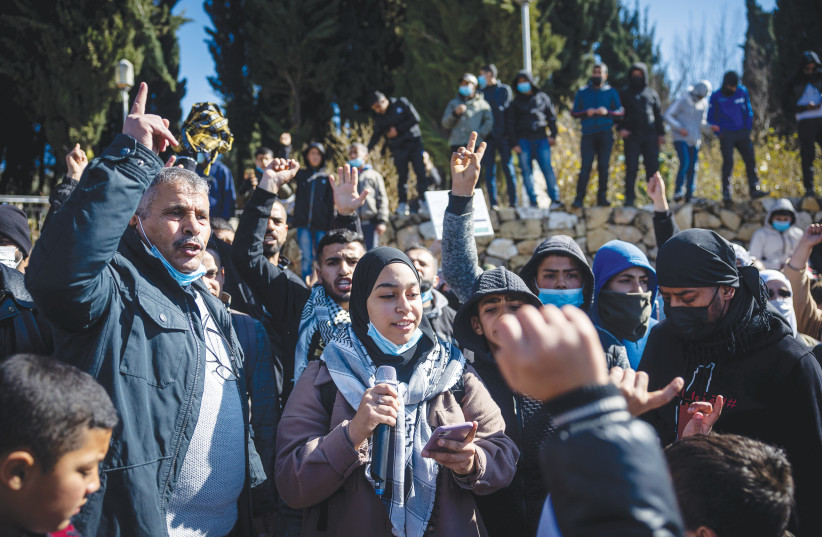A Rifman Institute survey found that over 80% of Israel’s Bedouin population is not well-versed in Israel’s proposed judicial reform, with only 6% of respondents saying they knew about the situation on a deeper level.
While the judicial reform proposal by Netanyahu’s controversial coalition government has sparked protests and divided the country politically, Israel’s roughly 300,000 Bedouins do not seem bothered – while 80% of the survey respondents said they don’t know about the reform at all, an additional 13% said they knew very little.
Further, 83% of respondents said they had no opinion either way when asked which side of the reform they support. 13% of respondents said they opposed the reform bill, just 2% said they supported the proposal.
Bedouin participation – or lack thereof – in Israeli politics

When asked if the reform would improve or worsen the situation of the Bedouins in the Negev, 83% said that the reform would not affect them at all. 14% claimed that the reform would worsen their situation, while 3% believe that the reform would improve their situation.
"The results of the survey illustrate that the Bedouin population in the Negev, numbering over 300,000 people, which is made up entirely of Israeli citizens, feels a lack of belonging to Israeli society as a whole regardless of political position,” said Hagai Raznik, head of the Reifman Institute.
Only 5% of respondents said they would participate politically regarding the judicial reform bill, though 8% said they would if there was the backing of an organization behind them.
“Regardless of the position regarding the reform, a huge effort is required on the part of the state to integrate this population and create in them a sense of connection and identification with the state, along with increasing awareness to the burning issues on the public agenda,” Raznik declared.
